Simplifying administrative procedures, minimizing costs, saving time and resources for businesses by speeding up customs clearance, combating trade fraud, etc. are issues that businesses have recommended to the Customs sector.
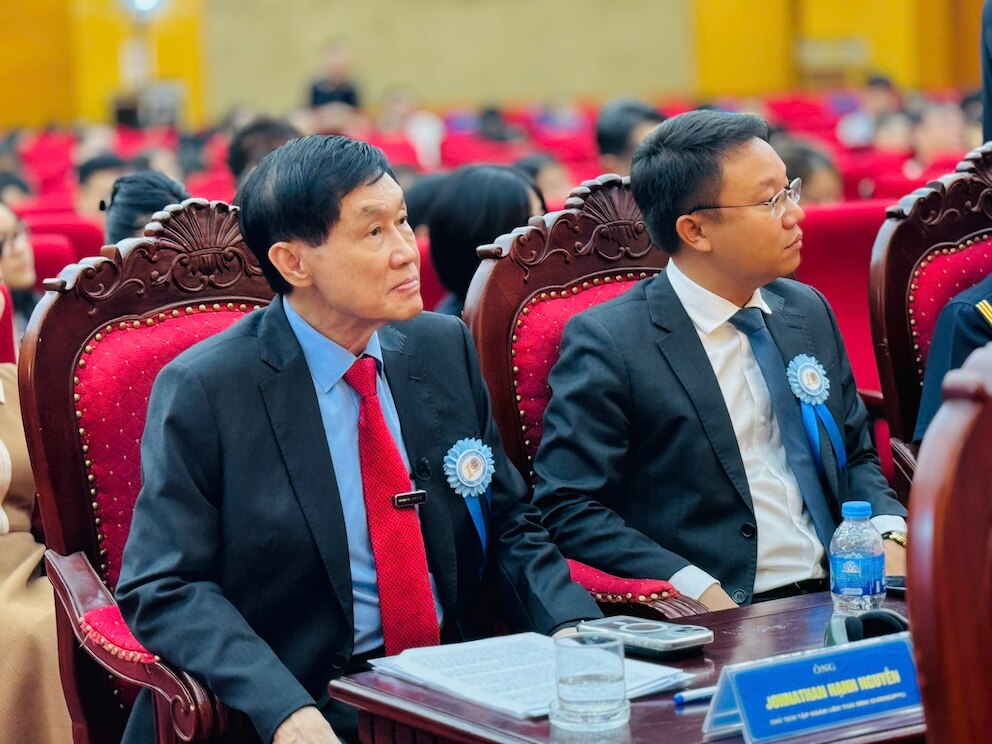 |
| Representatives of enterprises and business associations attended the Customs - Business Forum 2024, on the morning of September 10. |
Acknowledging that the reform activities of the Customs sector have had positive changes, significantly supporting production and trade activities, promoting economic growth, but businesses still continue to propose many not-so-new issues at the 2024 Customs - Business Forum with the theme: "10 years of developing Customs - Business partnership".
Mr. Johnathan Hanh Nguyen, Chairman of the Inter-Pacific Group (IPPG), said: “ Although customs procedures have been significantly simplified in recent times, they are still complicated for some specific types of goods, such as high-tech goods or dual-use goods. Therefore, it is still necessary to further simplify customs procedures.”
Standardizing procedures will save businesses time and resources, according to Mr. Johnathan Hanh Nguyen. At the same time, Customs needs to further improve the global security and trade facilitation (SAFE) framework of the World Customs Organization (WCO) so that we can enter a period of deep integration with the world economy.
The import and export scale of the economy continues to expand and this result has a significant contribution from the Customs sector. In 2023, the total import and export turnover decreased due to the impact of the global economy, but still reached more than 680 billion USD, in the first 8 months of 2024 it reached over 511 billion USD, an increase of nearly 16.7% over the same period last year (equivalent to an increase of more than 73 billion USD).
However, according to Mr. Dau Anh Tuan, Deputy General Secretary, Head of the Legal Department of the Vietnam Federation of Commerce and Industry (VCCI): "The Customs sector still has a lot of room for reform, especially related to shortening customs clearance time for businesses".
VCCI has recently cooperated with Customs to measure the actual customs clearance time of enterprises, showing that although many changes have been made, there is still room for further reform. It is necessary to promote process innovation to speed up import and export procedures, and to motivate enterprises to comply.
According to the European Chamber of Commerce in Vietnam (EuroCham), the implementation of the EU-Vietnam Free Trade Agreement (EVFTA) has marked an important milestone in the economic relations between Vietnam and the EU. This new generation and comprehensive FTA has opened up new opportunities for trade, investment and economic cooperation.
The EVFTA has reduced tariffs on many products, improved market access for European businesses, and facilitated the establishment of a dynamic business environment.
Vietnam-EU trade in goods in 2023 will continue to grow thanks to EVFTA. In 2023, the total import-export turnover of goods between Vietnam and the EU region will reach 58.6 billion USD, accounting for 8.6% of the country's total trade turnover, of which Vietnam's exports to the EU will reach 43.68 billion USD, and imports from the EU will reach 14.9 billion USD.
The increase in trade and import and export brought about by the EVFTA, according to EuroCham, also requires a more efficient and transparent customs system.
The BCI survey found that to maximise the benefits of the EVFTA, customs regulations need to be simplified, ensuring that goods move smoothly across borders and regulatory compliance is effectively implemented.
Vietnam Customs has modernized its customs system to support the country’s growing role in global trade. Significant reforms have been made to streamline processes, increase transparency, and reduce administrative barriers faced by businesses.
Recently, Vietnam Customs has implemented a series of reforms to align with international best practices. These include the adoption of e-customs, the implementation of the Authorized Economic Operator (AEO) program, and the simplification of customs procedures that not only make it easier for businesses to comply with regulations but also reduce customs clearance time and costs.
The integration of technology into the customs inspection and supervision process also plays an important role in this progress, allowing businesses to submit documents electronically, track shipments in real time and benefit from faster processing times.
However, European businesses suggest that continuing to integrate technology into customs processes will be crucial to improving efficiency and transparency.
EuroCham and its members will share and promote the adoption of new digital tools that can further streamline customs processes and reduce the burden on businesses, with best practices in Europe.
Mr. Nguyen Hai Minh, Vice Chairman of EuroCham, suggested: “It is necessary to maintain dialogue, because continuous and regular exchanges between businesses and customs authorities help ensure that the concerns of European businesses are heard and addressed. At the same time, increasing the integration of technology into customs processes to improve efficiency and transparency”.
European businesses are very concerned about compliance, but according to them, when implementing, they face many additional factors related to costs, culture, laws, etc. These issues need to be resolved soon to minimize compliance costs for businesses when importing and exporting goods.
Leveraging and deploying AI to automate many aspects of customs procedures such as developing an AI-based risk management system will help reduce unnecessary inspections, focus on high-risk shipments, thereby minimizing delays for low-risk goods.
Support for small and medium enterprises (SMEs) through specialized support programs for SMEs especially in accessing information.
Research and develop retail policy mechanisms in free trade zones and duty-free zones. Propose that Customs advise the Government to issue clear and reasonable retail trade policies, including establishing competitive duty-free purchasing norms compared to international and regional standards, to promote domestic and foreign tourism, attract investment, improve national competitiveness, and catch up with countries such as China, Korea, Indonesia, etc. where these policies are being effectively applied.
Mr. Jonathan Hanh Nguyen, Chairman of IPPG.



![[Photo] Opening of the 11th Conference of the 13th Party Central Committee](https://vstatic.vietnam.vn/vietnam/resource/IMAGE/2025/4/10/f9e717b67de343d7b687cb419c0829a2)

![[Photo] April Festival in Can Tho City](https://vstatic.vietnam.vn/vietnam/resource/IMAGE/2025/4/10/bf5ae82870e648fabfbcc93a25b481ea)

![[Photo] Unique folk games at Chuong Village Festival](https://vstatic.vietnam.vn/vietnam/resource/IMAGE/2025/4/10/cff805a06fdd443b9474c017f98075a4)
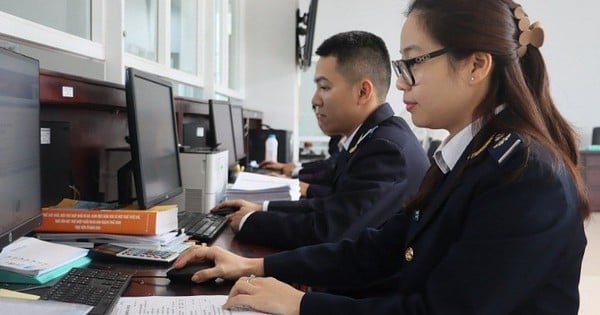

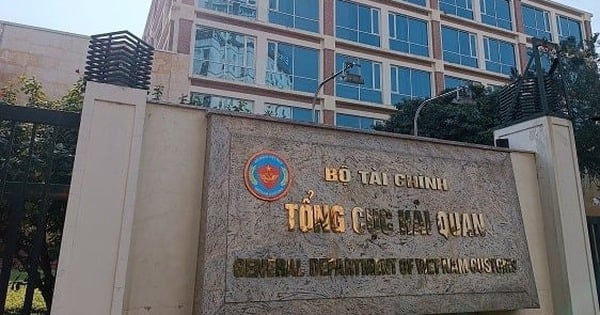
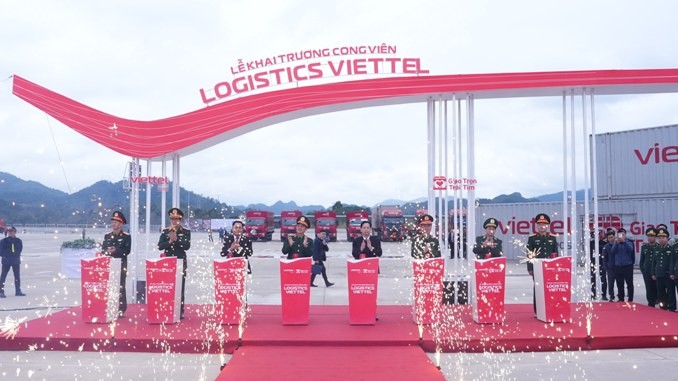
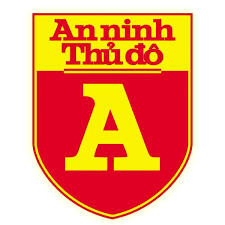
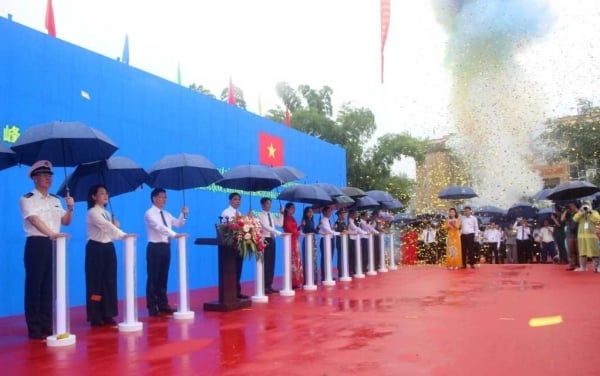


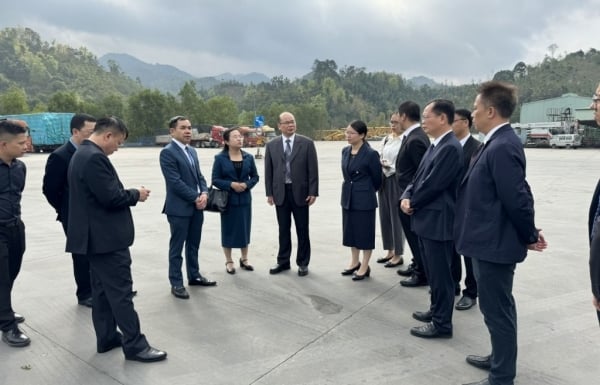

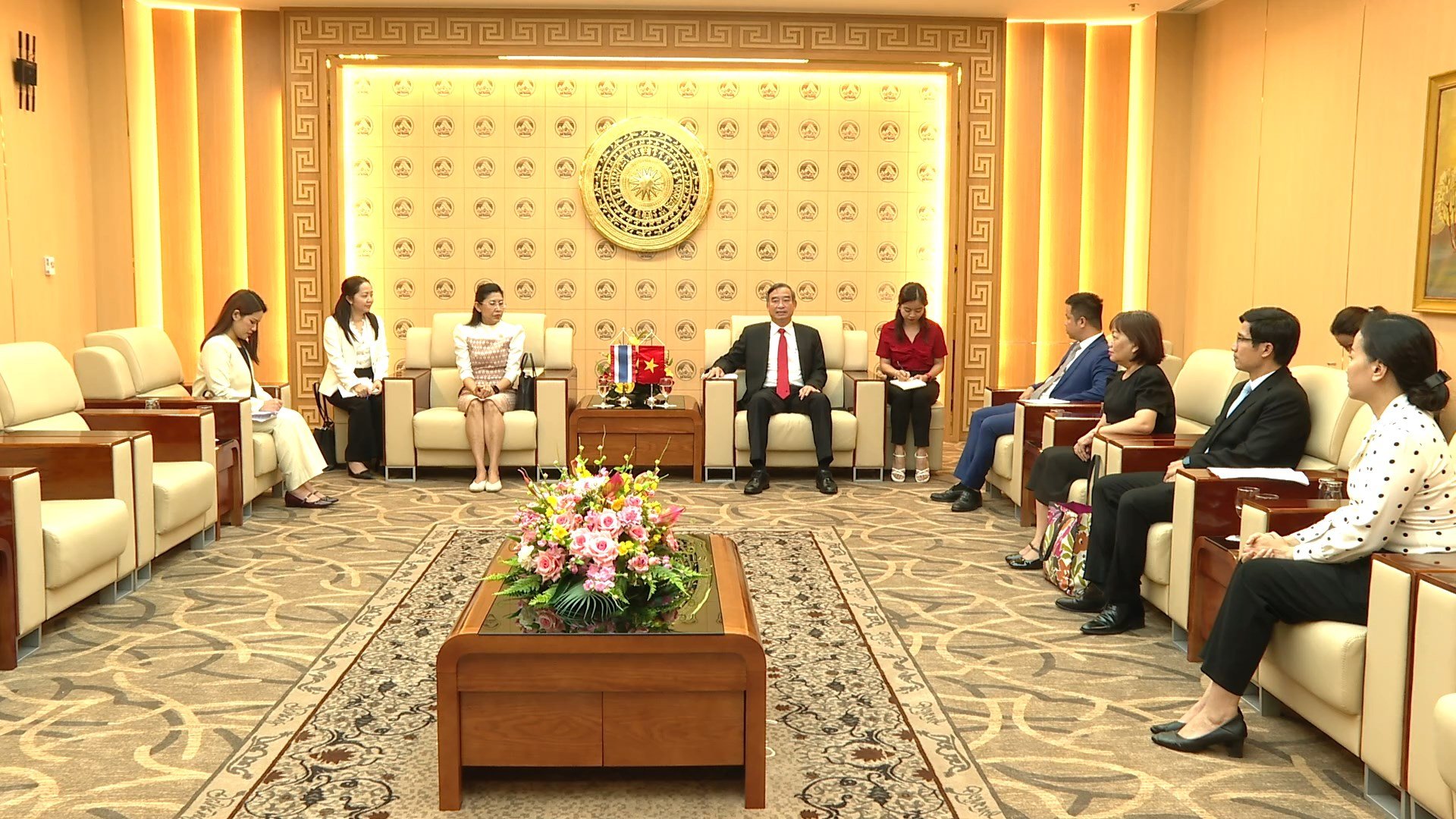
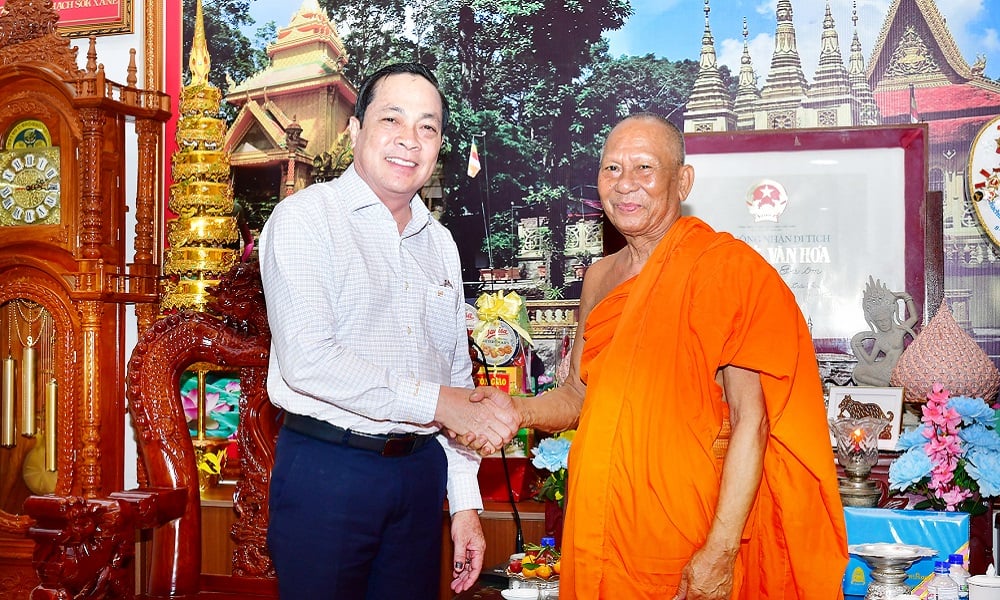
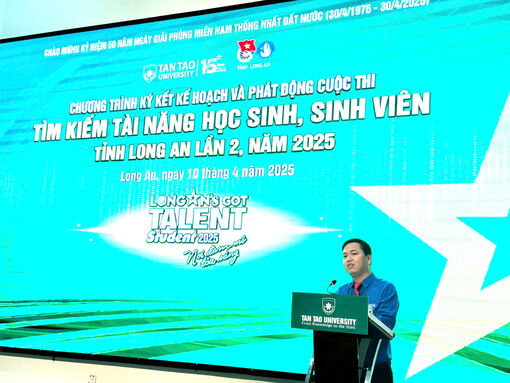
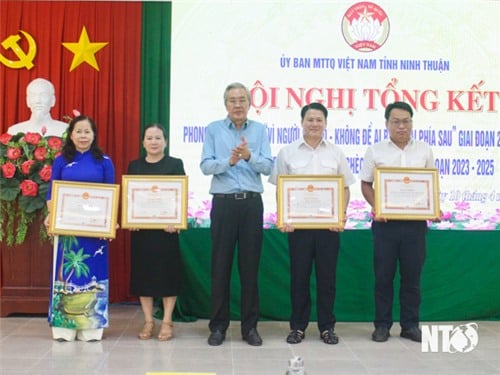
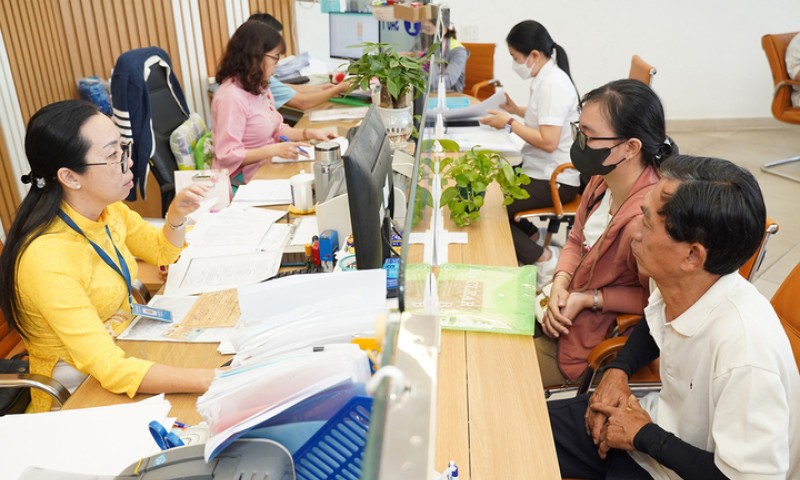
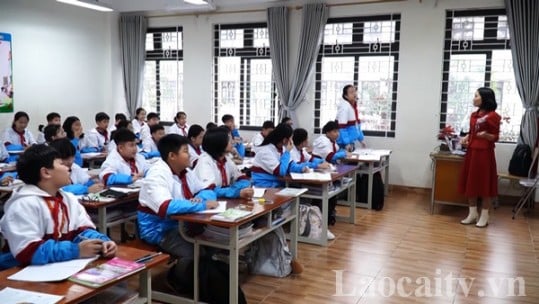




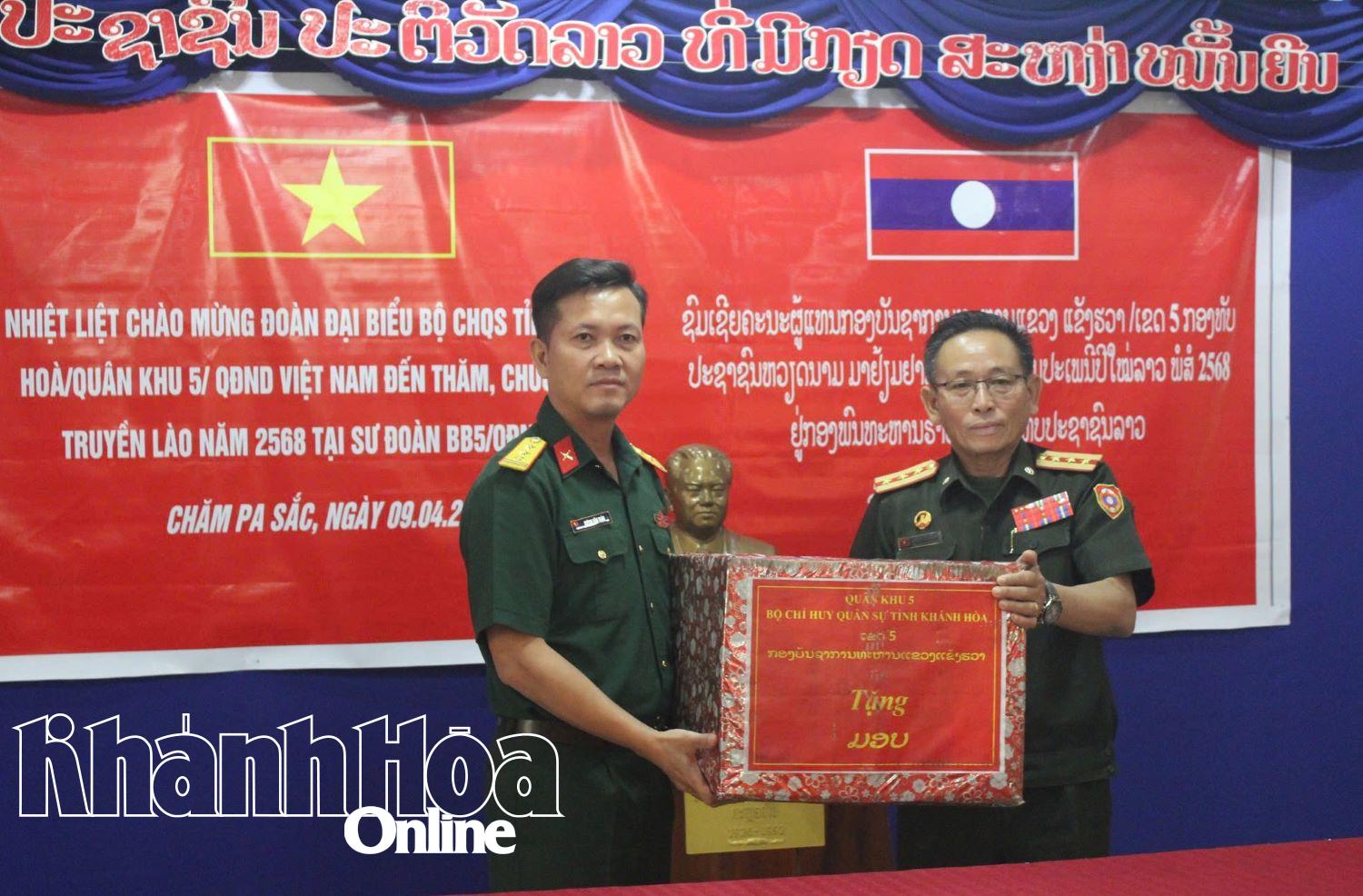
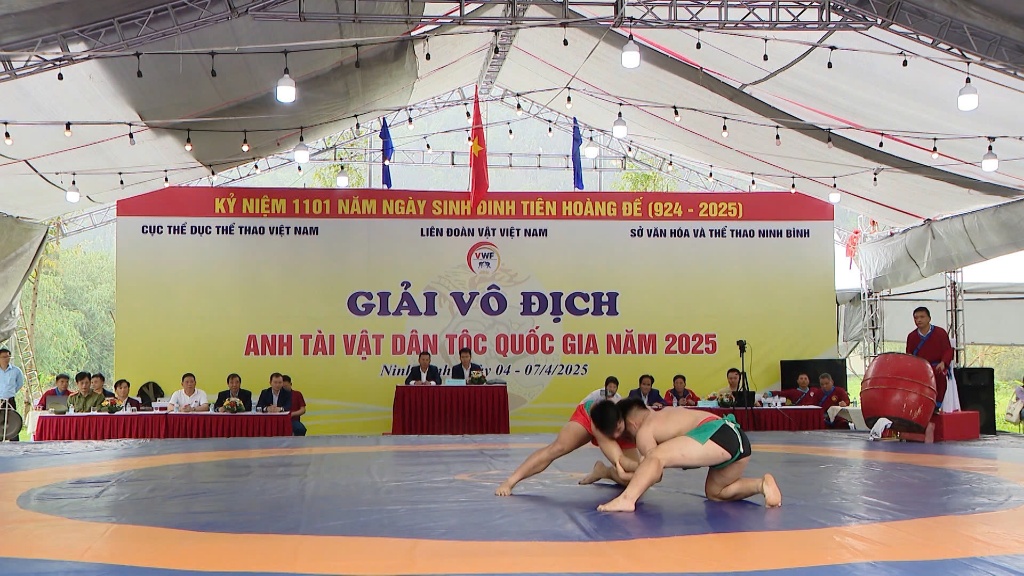
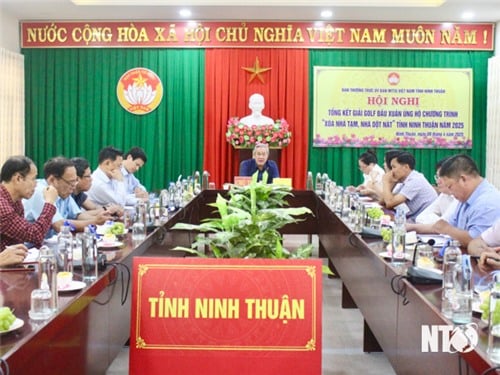
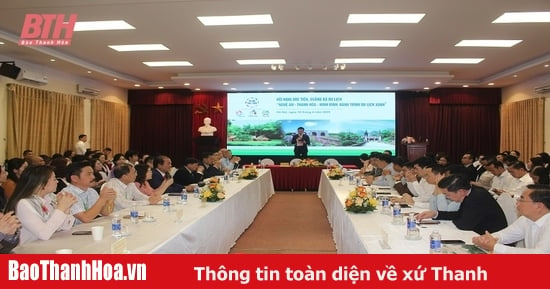












































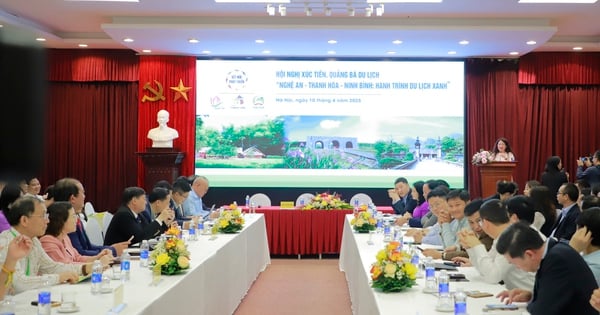



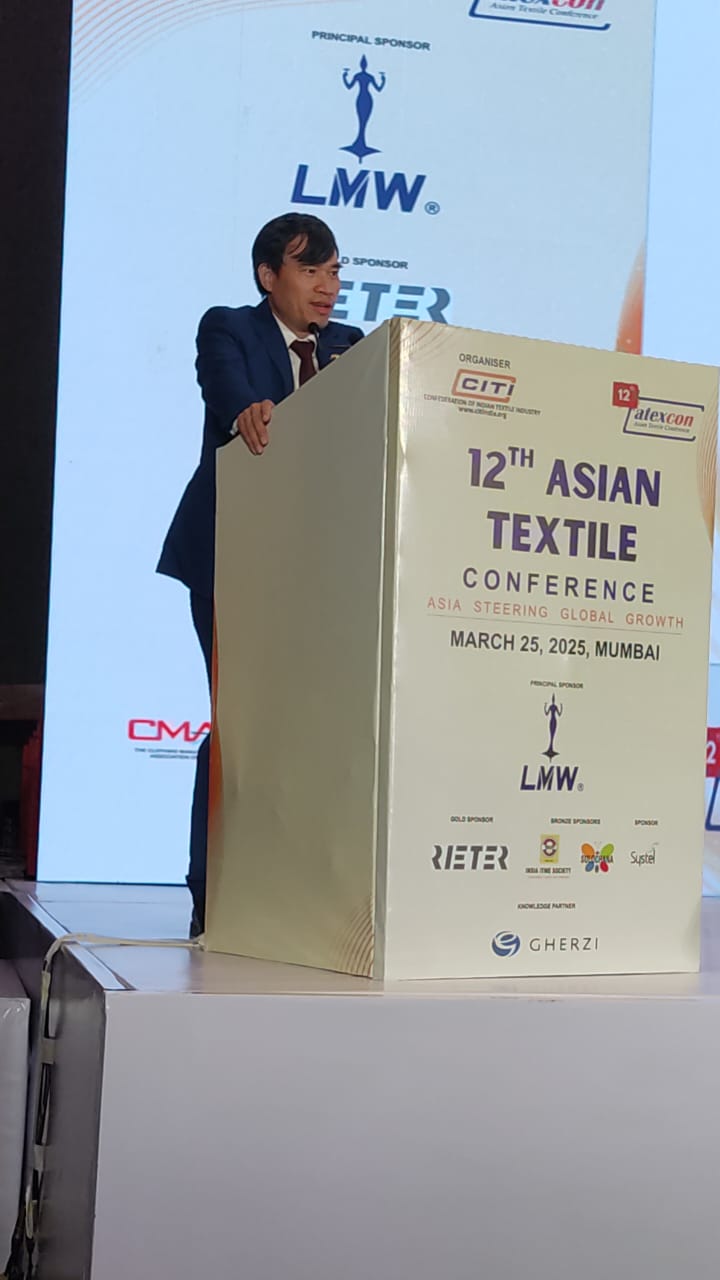
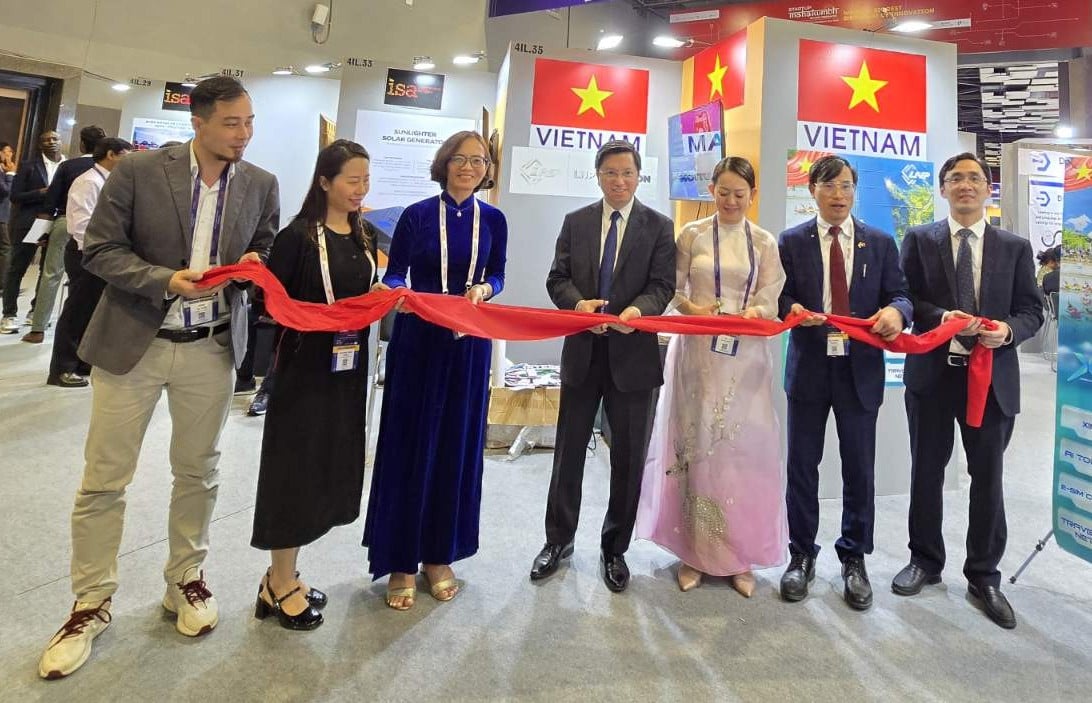
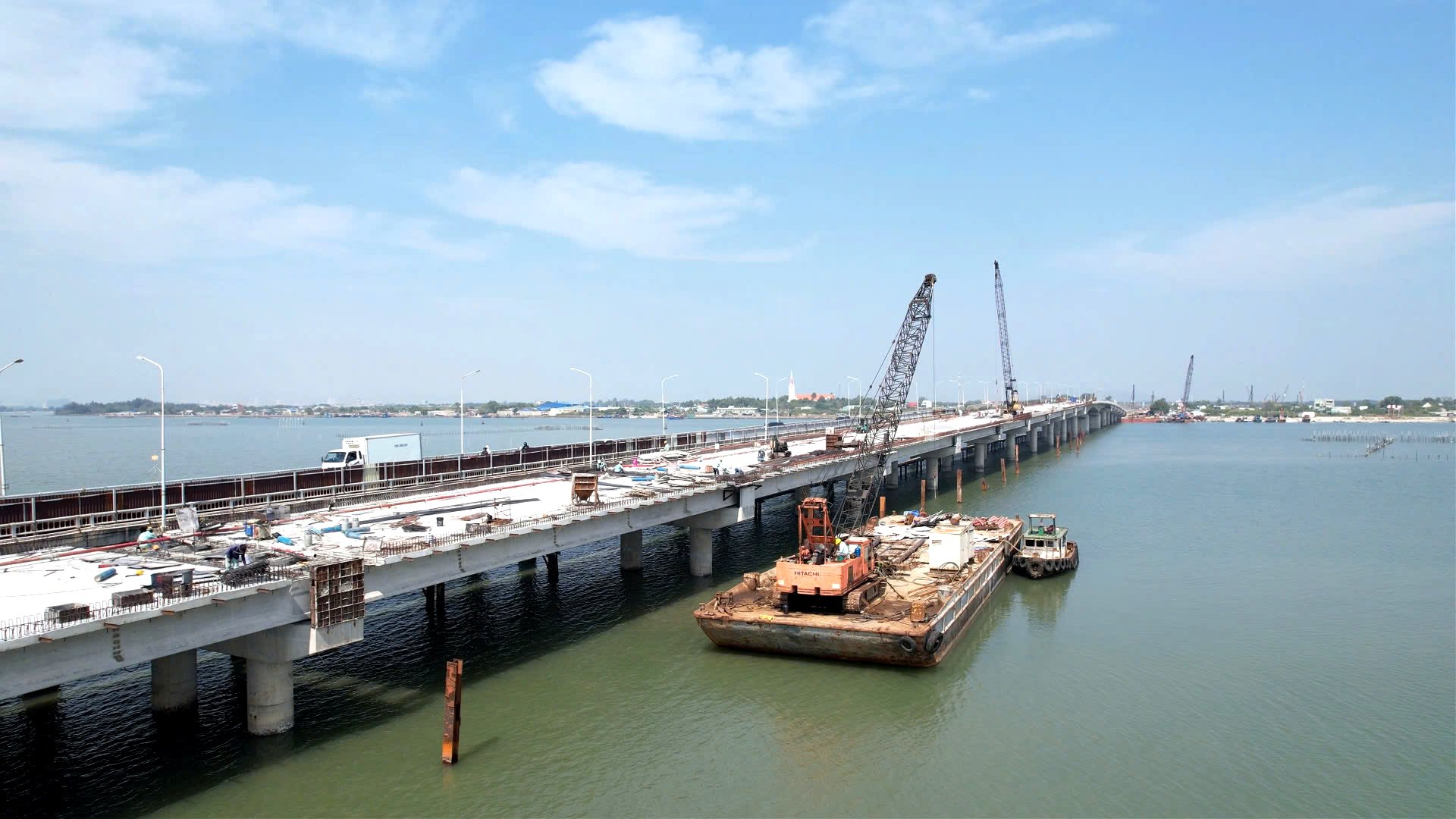

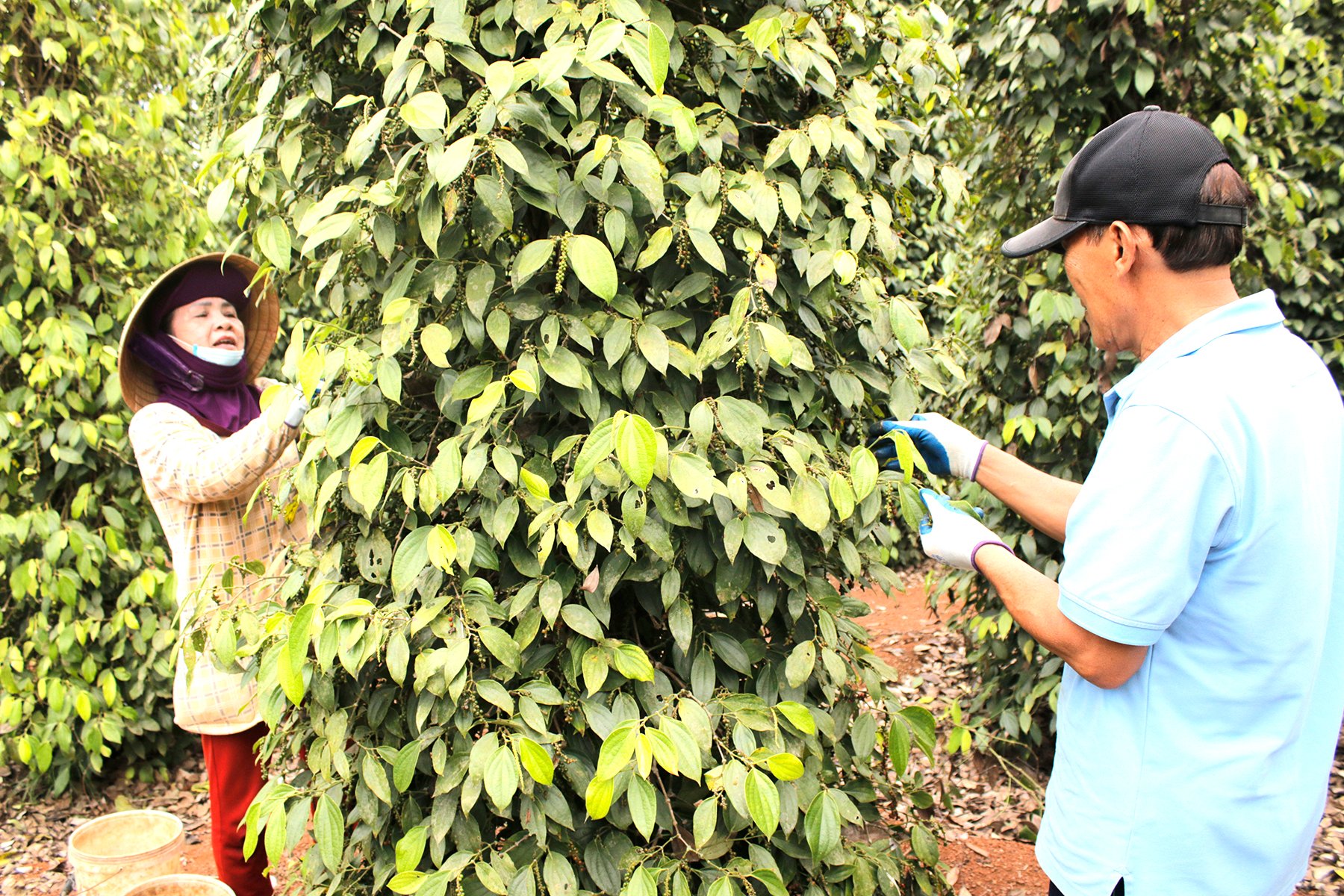
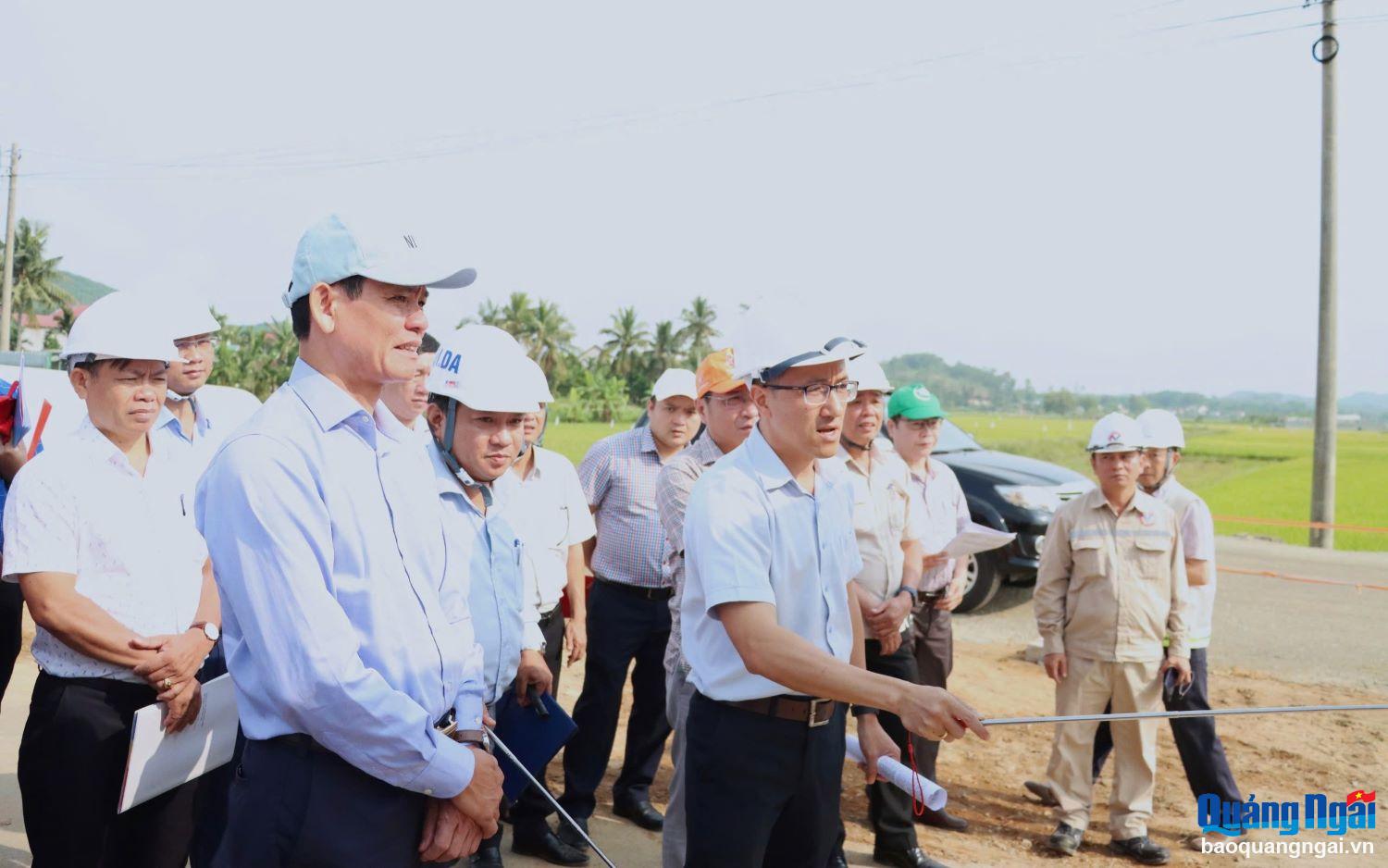









Comment (0)